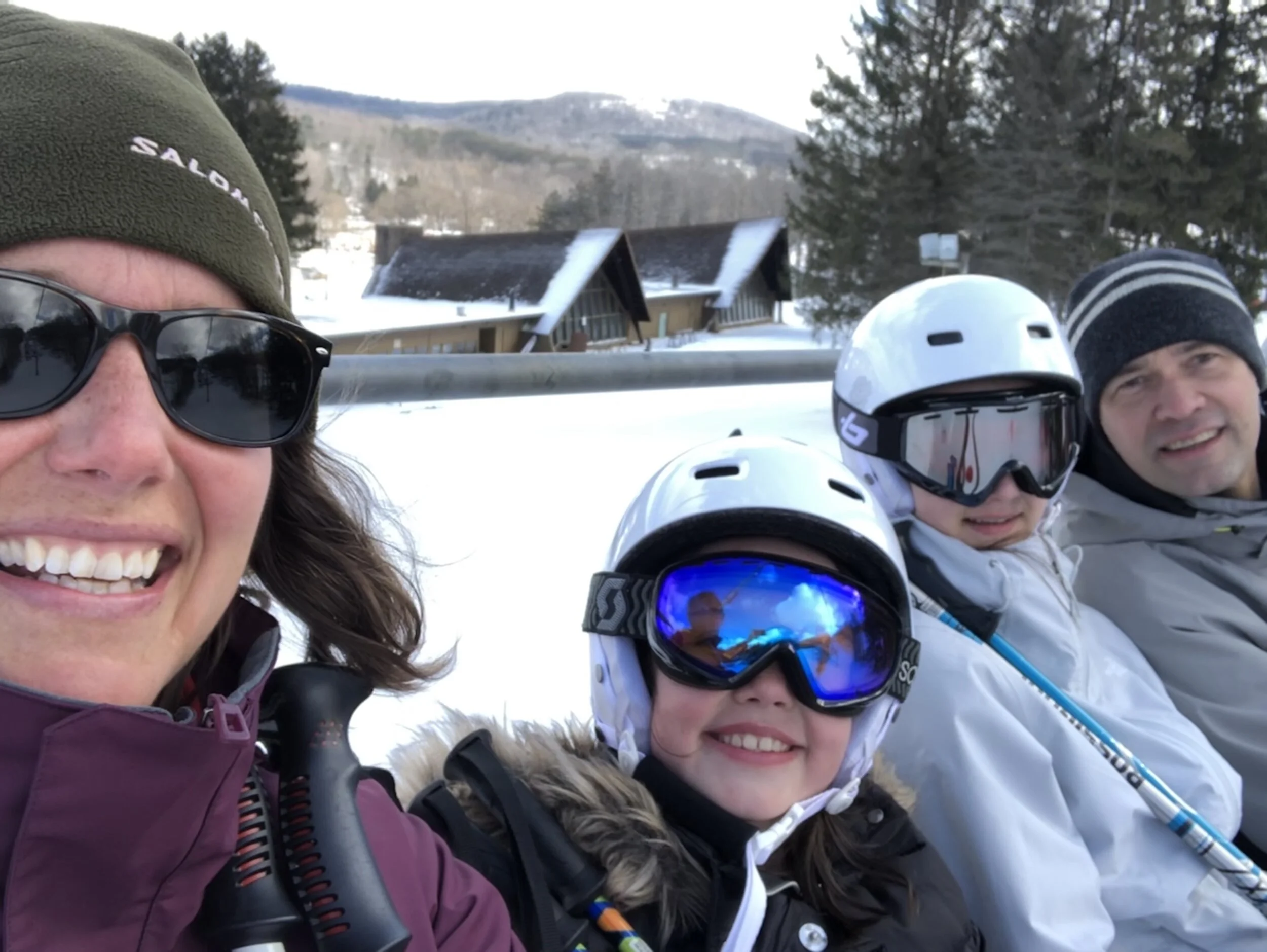Depression is the leading cause of disability worldwide, and even though many forms of therapy exist, about one third of patients treated with conventional antidepressants do not experience a response. Diet is a common overlooked area in the treatment of many health conditions in the conventional realm of medicine. In the treatment of mood disorders, it’s an area that needs to be addressed. Here are some examples of how nutrition plays such a vital role in influencing our moods.
PROTEINS INFLUENCE ON NEUROTRANSMITTER PRODUCTION
A study published in 2018 showed that vegetarians were more neurotic and depressed than omnivores. This is likely due to the amino acids content in high protein foods. Amino acids are the building blocks of protein, which play a critical role in neurotransmitter production. Neurotransmitters (ie. serotonin, dopamine, GABA to name a few) are the chemicals that allow brain cells to communicate to each other. A simplified example of this is if you eat turkey your body breaks down the protein and makes the amino acid L-tryptophan. In the biochemical pathway of synthesizing the neurotransmitter, serotonin, L-tryptophan is an essential amino acid in this process. Your body can’t make L-tryptophan on its own. It is required through your diet; and therefore, if you aren’t getting adequate amounts of protein through poultry, nuts, fish, or dairy you may become deficient in serotonin. Low serotonin levels are associated with a whole host of disorders including depression, anxiety, insomnia, digestive disorders, and headaches.
THE ROLE OF INFLAMMATION ON MOODS
Inflammation and mood disorders are hot topics in the research literature. Addressing the inflammatory process looks like a crucial area missed in the conventional realm of treating severe and mild mood disorders. An article published in 2019 in the journal Frontiers In Psychiatry discusses the role of dietary inflammation and mental illness. This article cites many studies that show diets consisting of high inflammatory foods like simple carbohydrates, processed sugars and saturated fats influence even severe mood disorders like schizophrenia and bipolar disorder.
In addition, fish oil has been researched for years showing it’s beneficial for treating depression. Why? Fish oil contains omega-3 polyunsaturated fatty acids (PUFA) which have strong anti-infammatory effects as well as beneficial effects on the cell membranes directly. Researchers point out that cell membranes are made up of omega-3s. Therefore by increasing omega-3 levels through supplementation or diet it allows for neurotransmitters like dopamine, for example, to pass through the cell membrane more easily directly affecting our brain biochemistry.
Curcumin, the principal curcuminoid derived from the spice turmeric, influences several biological mechanisms associated with major depression. In 2017, Journal of Affective Disorders published a study that showed curcumin dosed at 500mg 2x/day after 4 weeks was significantly more effective than placebo in improving several mood-related symptoms. Curcumin’s powerful natural anti-inflammatory and antioxidant properties seem to be the driving forces behind its influence on brain biochemistry. Chronic inflammation can decrease levels of neurotransmitters like serotonin and dopamine and can lead to degeneration in certain brain areas. It is possible that the antioxidant and anti-inflammatory effects of curcumin can restore these neurotransmitters and protect the brain, eventually leading to improvements in mood.
THE GUT BRAIN CONNECTION
The gut brain connection is a very complex area of research. Our diets can directly affect our microbiome, the trillions of microorganisms that live in our gut. The gut microbiota can actually produce neurotransmitters themselves. For example, Lactobacillus spp. produces GABA and acetylcholine; Bifidobacterium spp. produces GABA; Escherichia spp. produces noradrenalin and serotonin; to name a few. In addition, we know that 90% of the neurotransmitter serotonin is actually produced in the gut! So, how can what we eat NOT influence the production of our brain neurotransmitters?
The treatment of mood disorders can not be looked at as a one size fits all treatment. This is why many patients seek out alternative practitioners like naturopathic physicians, because their current treatment utilizing pharmaceutical medications and psychotherapy for their mood disorder is not giving them the results they were hoping to achieve.
Naturopathic physicians (ND’s) learn the same basic sciences as conventional medical doctors, but they are are trained in nutrition, psychology, and complementary therapies such as herbal medicine and homeopathy. Be aware not all naturopathic doctors are the same. NY State currently doesn’t license naturopathic physicians, so ND’s trained through accredited graduate level medical schools and are required to pass national board exams before licensure are lumped together with “traditional” naturopaths who don’t attend accredited graduate schools and do not receive licenses. Before choosing a naturopathic practitioner, be aware of their education and training before making your appointment.
REFERENCES
https://pubmed.ncbi.nlm.nih.gov/29595331/
https://www.ncbi.nlm.nih.gov/pmc/articles/PMC6529779/
https://pubmed.ncbi.nlm.nih.gov/31156486/
https://pubmed.ncbi.nlm.nih.gov/29254106/
https://pubmed.ncbi.nlm.nih.gov/25046624/
https://www.ncbi.nlm.nih.gov/pmc/articles/PMC6389720/
https://pubmed.ncbi.nlm.nih.gov/22968153/
ABOUT THE AUTHOR
Since 2005, Dr Fey has helped women, men, and children find real solutions to their health concerns. She truly believes that giving the proper care and nutrients your body has an amazing ability to heal. She is committed to finding the root cause of illness by utilizing a whole body approach not just focusing solely on presenting symptoms. With her scientific background, Dr Fey uses science based natural approaches to treating disease.
Dr. Amanda Fey is the owner and practicing Naturopathic Doctor at Complementary Medicine & Healing Arts, the Southern Tiers Center for Natural Healthcare located in the Binghamton NY area. The office website is www.naturallywell.us. Dr Fey is currently offering telemedicine for patients all across the US. To contact the office call 607-729-0591 or email cmhahealth@gmail.com.













